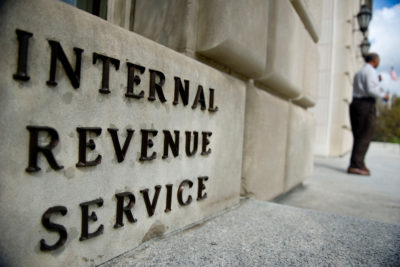
Through the IRS’s 2018-2022 Strategic Plan, the IRS shares its documented strategy and vision for creating a more taxpayer-centric and modern agency. Six goals have been detailed to serve as the roadmap for the IRS to realize this vision. Through the creation of the goal to “protect the integrity of the tax system by encouraging compliance through administering and enforcing the tax code”, the IRS will continue to invest in ways to mitigate tax abuse and fraud. The experts at Optima Tax Relief reviews how this goal translates into action relative to abusive tax shelters.
What is a Tax Shelter? While there are many ways to unknowingly commit tax fraud, tax shelters are one of the most widely misunderstood among taxpayers. While some tax shelters are legal, many taxpayers may unknowingly cross over the law when it comes to leveraging tax shelters to avoid tax penalties and responsibilities. Tax shelters can often be scams, and taxpayers are consistently encouraged to avoid them.
What are the Different Kinds of Tax Shelters?
- Abusive Trust Agreements – creates multiple layers of trust (such as offshore shell entities) to avoid disclosure of assets and income or disguise transaction details.
- Micro-Captive Insurance Shelters – owners of closely held entities are persuaded to participate in schemes to generate tax benefits available to insurance companies
- Syndicated Conservation Easements – promises investors charitable deductions tax benefits that do not correlate to the investments made
And while the IRS is focusing on many different areas across its enforcement initiatives, the IRS is committed to uncovering and identifying those who take advantage and abuse tax shelter schemes and will keep tax shelter abuse a point of focus in 2020.
The six strategic goals outlined in the 2019-2022 plan outline the IRS’s strategic priorities and will serve as the guiding principles to move the IRS forward over the coming years. Click here to read the full IRS 2018-2022 Strategic Plan.
Sponsored Content

